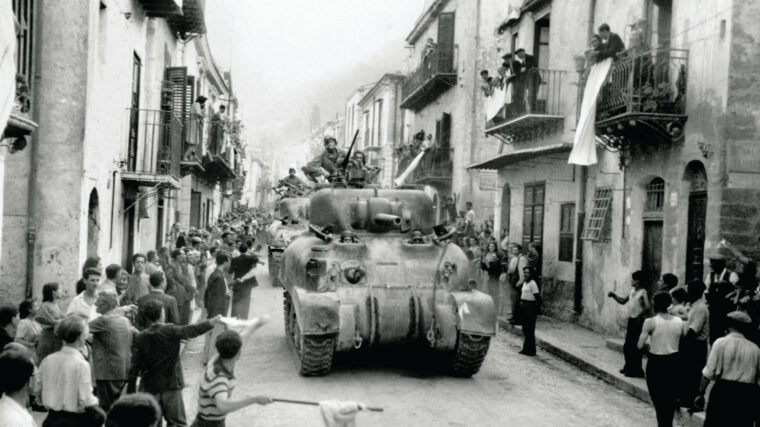
European Theater
Operation Husky: Allied Power Struggle
By William DennisBy the summer of 1943, American forces felt that they had proven that they were as good as anything the enemy could throw at them. Read more
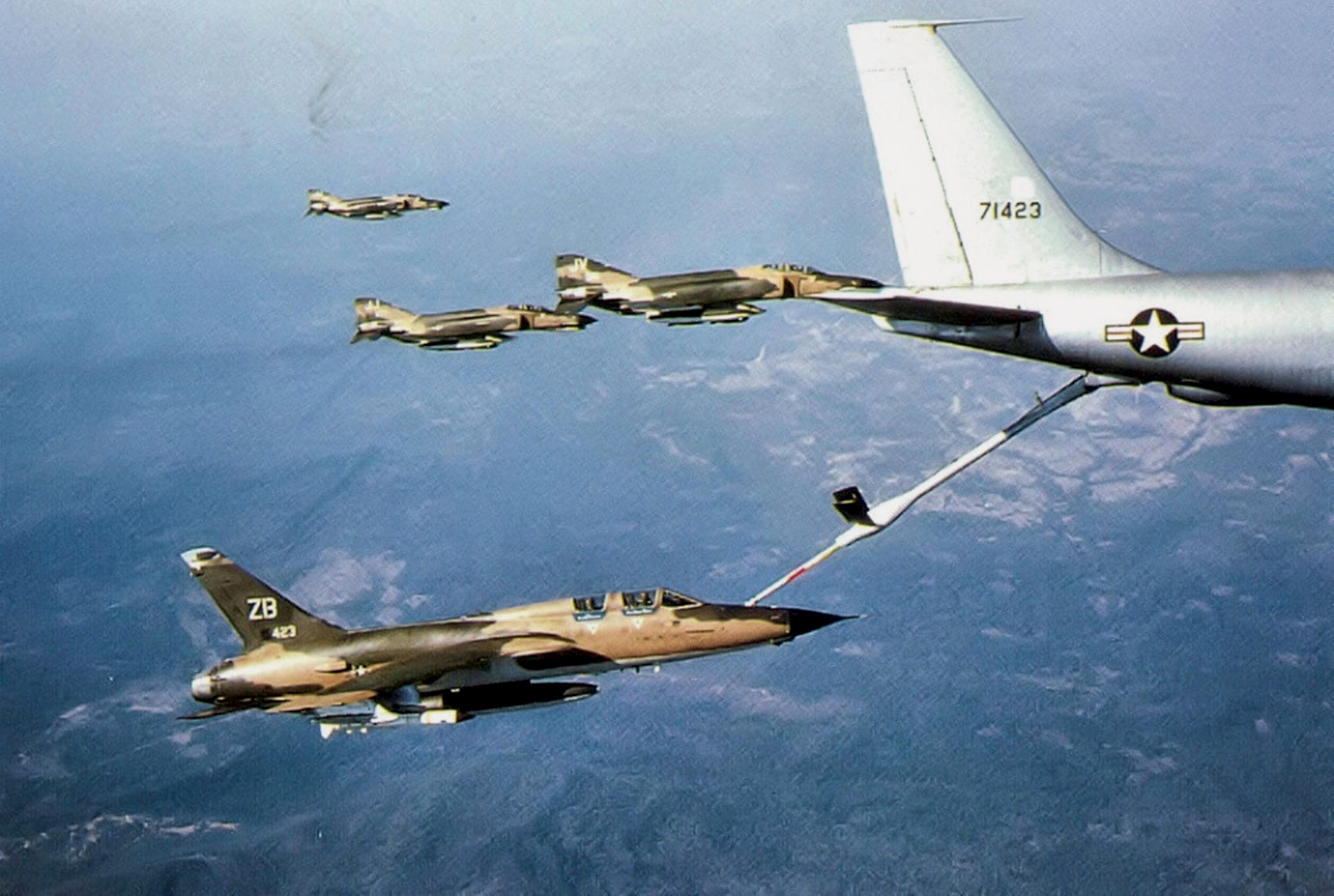

European Theater
By the summer of 1943, American forces felt that they had proven that they were as good as anything the enemy could throw at them. Read more
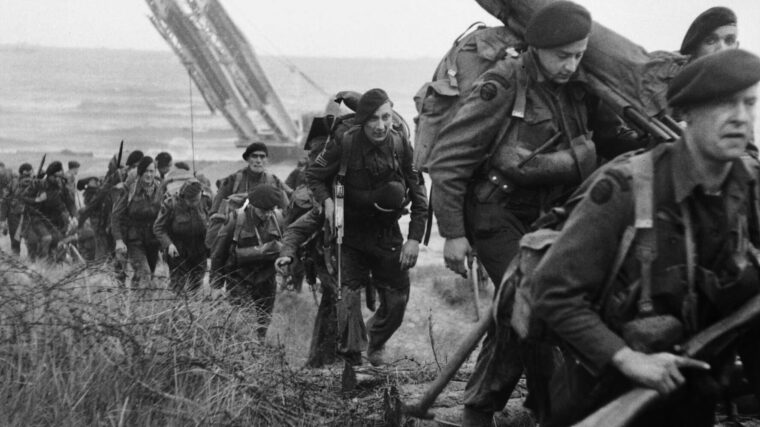
European Theater
Vice Admiral Norman Denning said of Ian Fleming, the “ideas man” who worked at British Naval Intelligence, that a lot of his proposals “were just plain crazy.” Read more
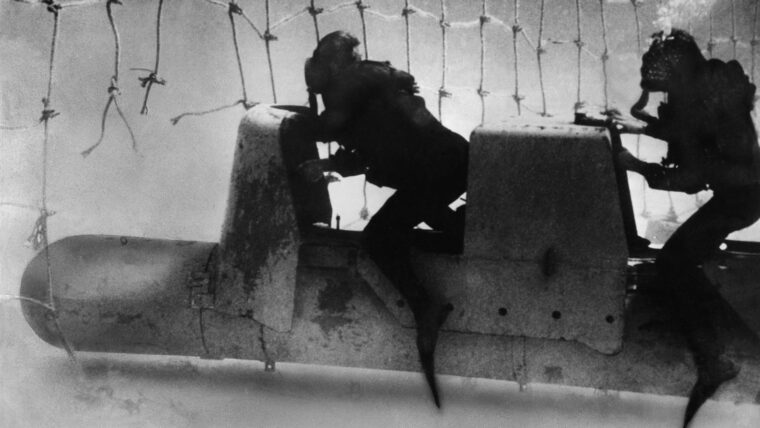
European Theater
On a dark night in September 1941, moving at periscope depth, an Italian submarine edged into Gibraltar Bay near the British harbor. Read more
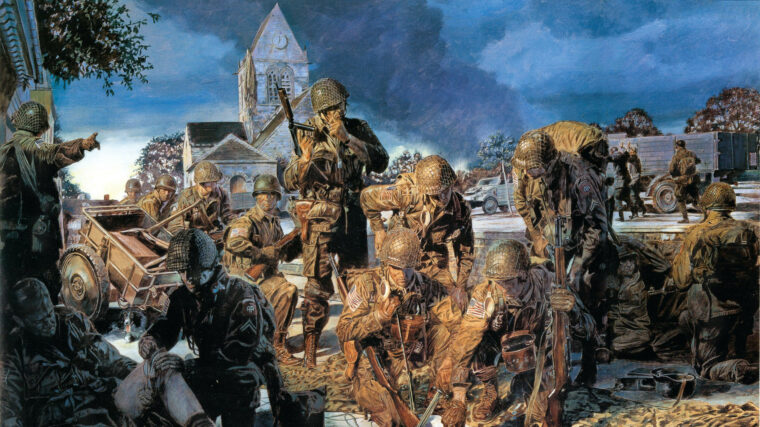
European Theater
The night of June 5/6, 1944, was pretty much like every other night since the Germans had occupied Normandy and the Cotentin Peninsula in the summer of 1940: dark, quiet, chilly, and mostly boring. Read more
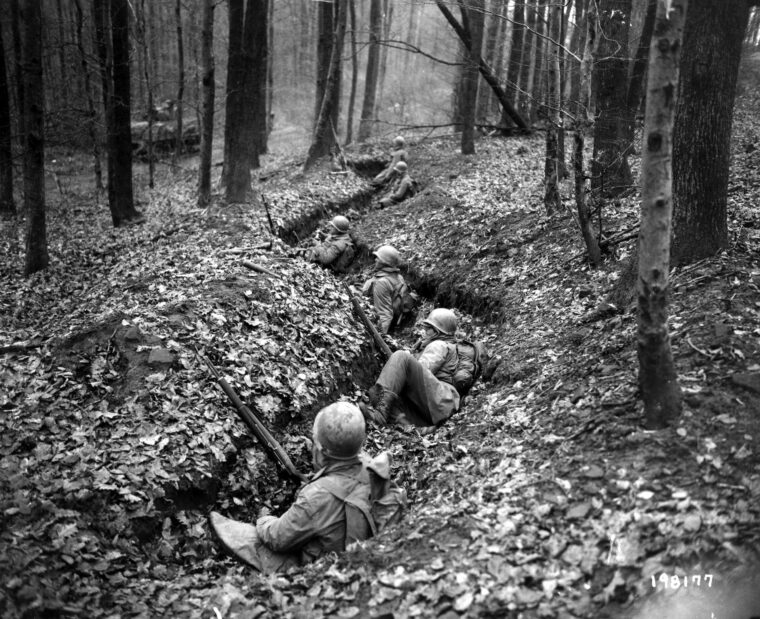
European Theater
Clarence M. “Monty” Rincker was born in Cheyenne, Wyoming, on September 8, 1922. When he was a year old, his parents bought a farm in eastern Wyoming and the family moved there. Read more
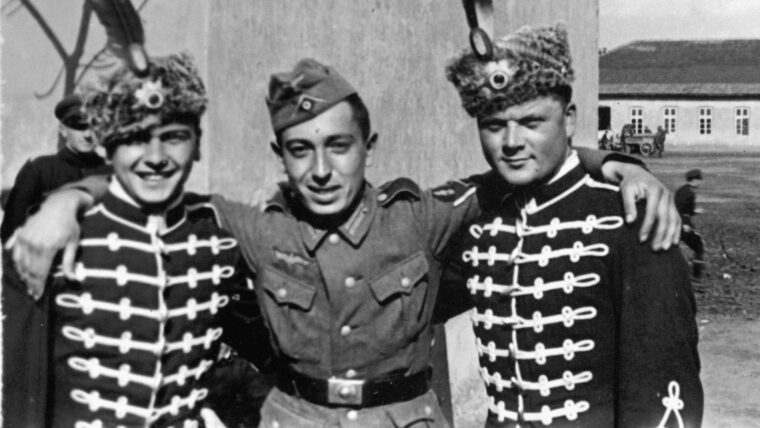
European Theater
The evolution of the Nazi-era military wardrobe followed from a long history of European uniforms in general and Imperial German uniforms in particular. Read more
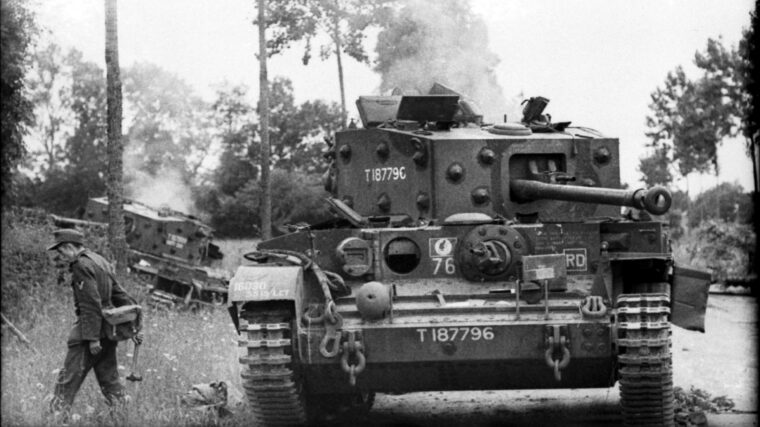
European Theater
On D-day, June 6, 1944, the British 3rd Infantry Division was the first to land on Sword Beach. Read more
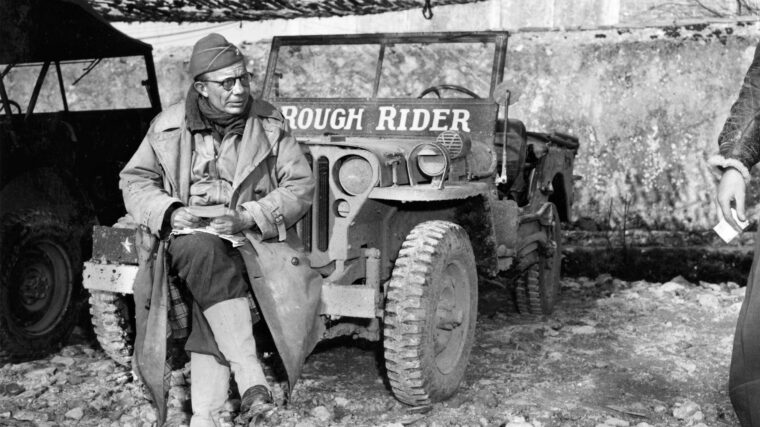
European Theater
Famed war correspondent Ernie Pyle reported in August 1944, that one of his favorite U.S. Army officers was a regimental colonel who shared Lt. Read more
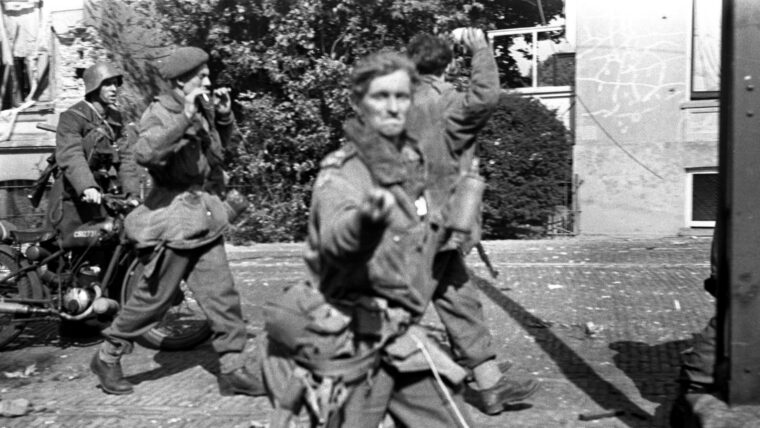
European Theater
Operation Market-Garden, British Field Marshal Bernard L. Montgomery’s imaginative and daring plan—reluctantly endorsed by his superior, General Dwight D. Read more
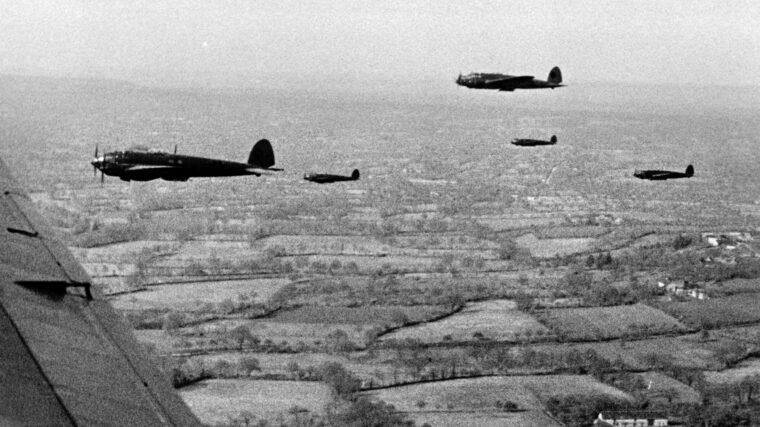
European Theater
Chain Home, or ‘CH’ was the codename given to the system of early warning radar stations located along the Europe facing coasts of the United Kingdom (UK) before and during World War II to locate and follow aircraft. Read more
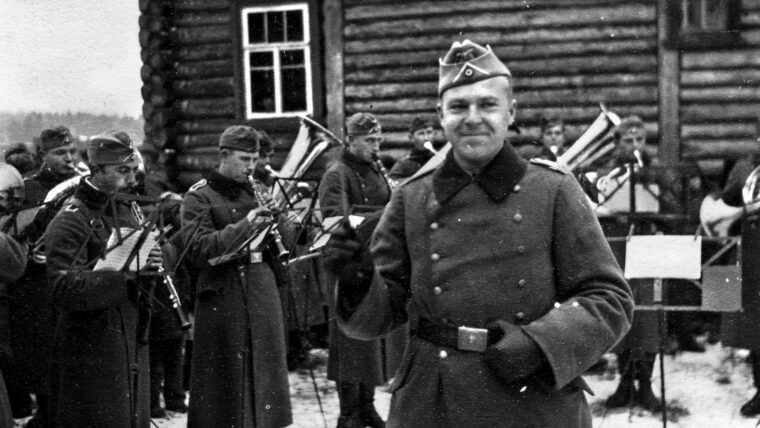
European Theater
War has been described as long periods of extreme boredom punctuated by brief moments of extreme terror. Read more
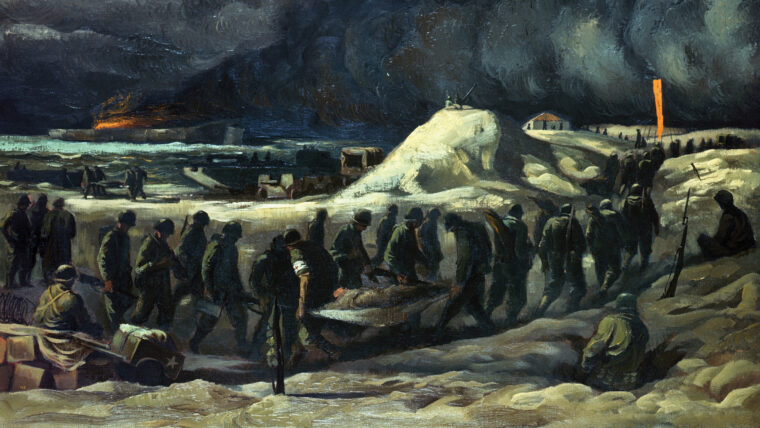
European Theater
The island of Sicily, lying in the Mediterranean Sea between Tunisia and the toe of the Italian peninsula, is no stranger to war and conquest. Read more
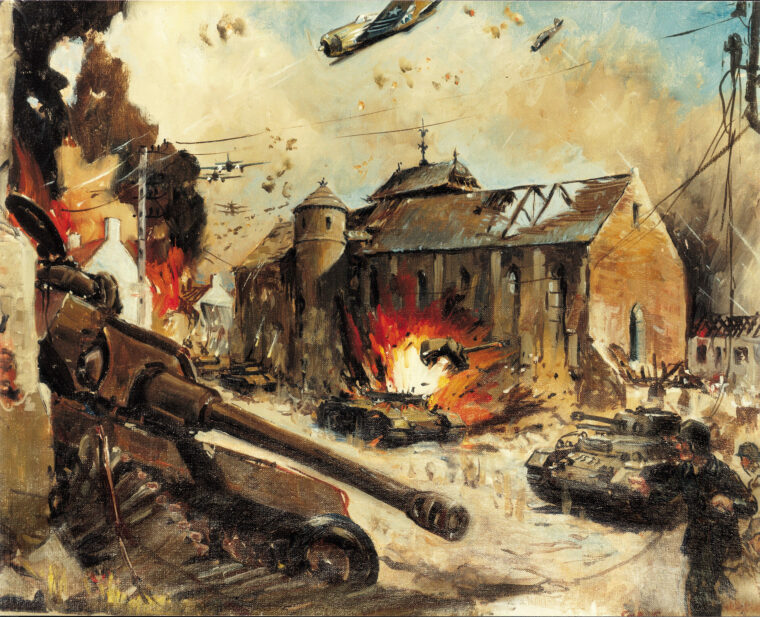
European Theater
By the time of the waning of the summer of 1944 in western Europe, General Dwight D. Eisenhower’s victorious Allied armies had forged a battle line from the Dutch province of Maastricht in the north to Belfort near the Swiss border in the south. Read more
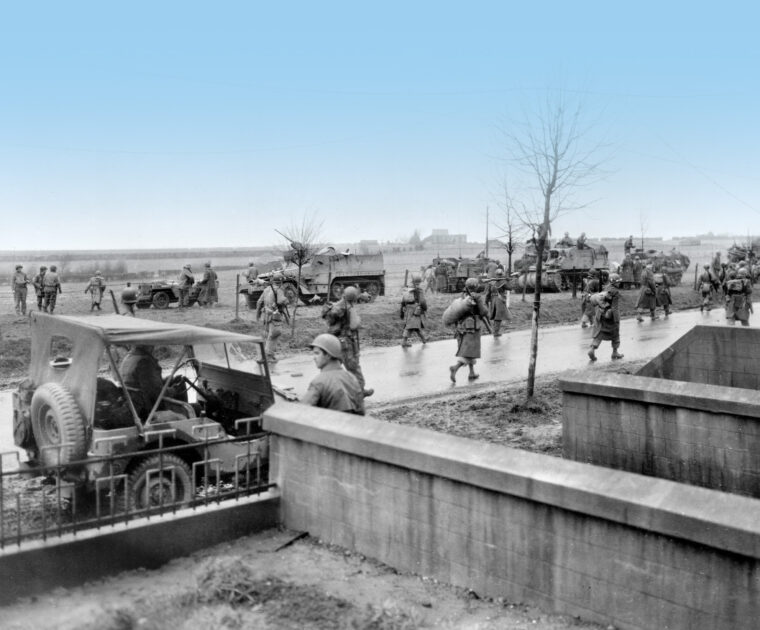
European Theater
When word reached 21-year-old Private Bradford “Brad” Freeman in Mourmelon-le-Grand, France, that the entire 101st Airborne Division was being put on 24-hour alert for movement to the front, he was neither surprised nor shocked. Read more
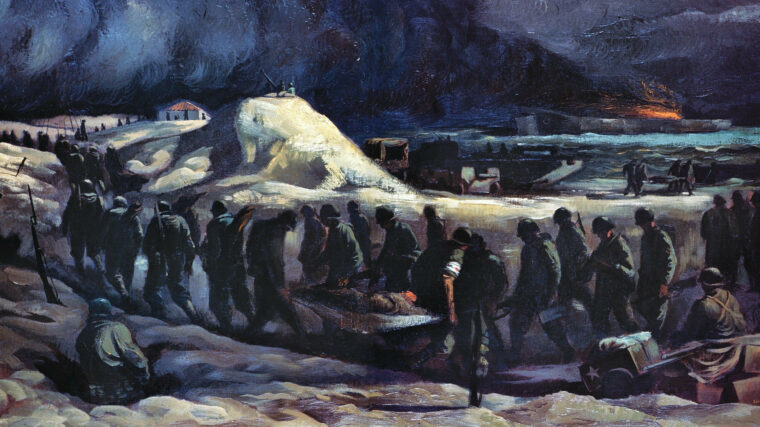
European Theater
The outbreak of World War II on September 1, 1939, found the United States in an isolationist mood that precluded, for the time being, any direct involvement in the conflict. Read more
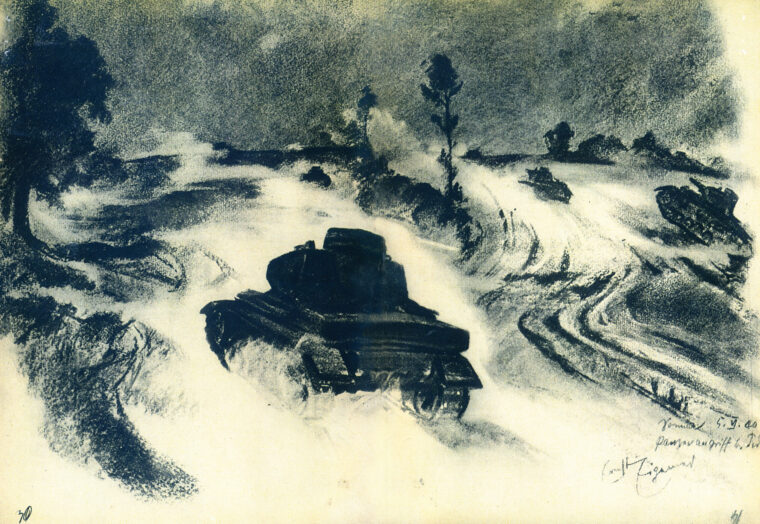
European Theater
It’s called Mein Skizzenbuch (My Sketchbook)—a 72-page booklet of pencil drawings and watercolors by noted German war artist Ernst Eigener, a soldier with Propaganda Co. Read more
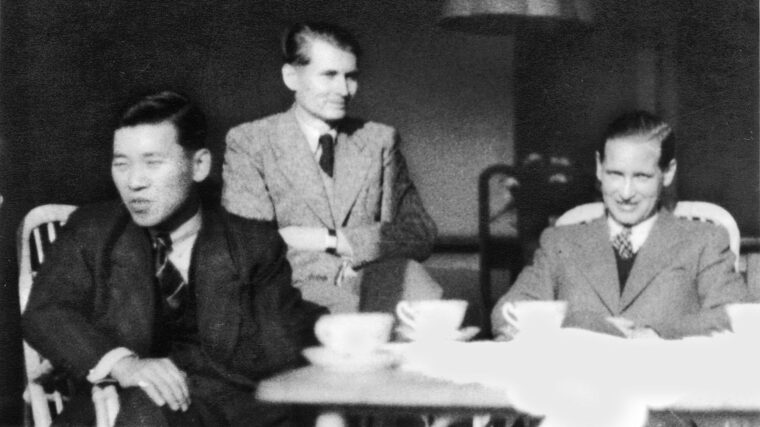
European Theater
I am riding a borrowed bike along the Rhine, passing the Schaum-Hof, where last night I dined on a deck overlooking the river with a stately Dutch lady friend of a friend. Read more
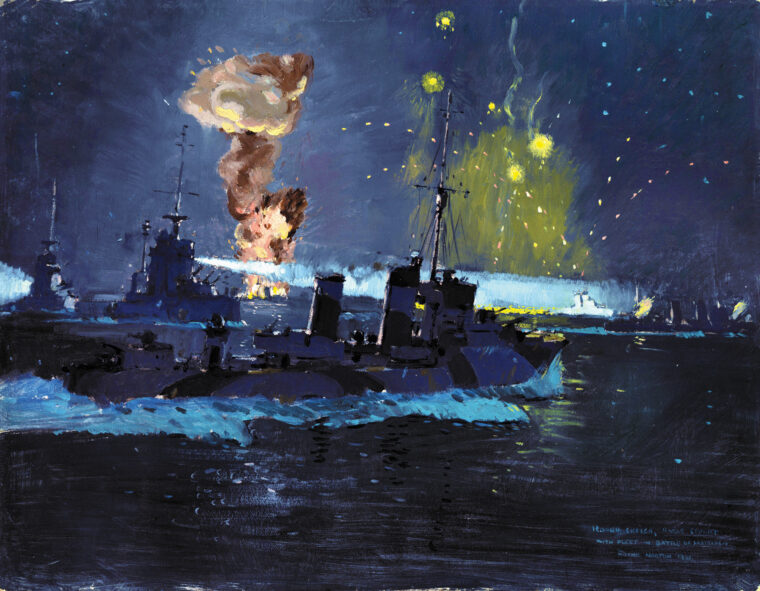
European Theater
The son of Prince Andrew of Greece and Denmark and Princess Alice of Battenberg, Prince Philip was the last of five children and a great-great grandchild of Queen Victoria. Read more
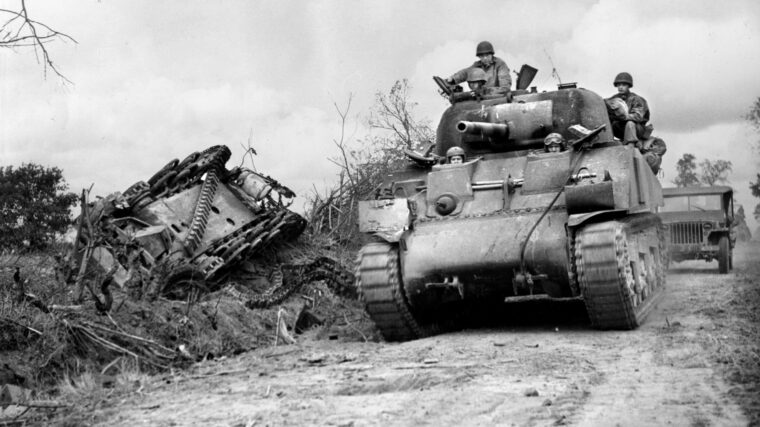
European Theater
German panzergrenadiers surrounded Hill 314 just east of Mortain in Normandy on August 7, 1944, trapping several companies of the 2nd Battalion of the U.S. Read more
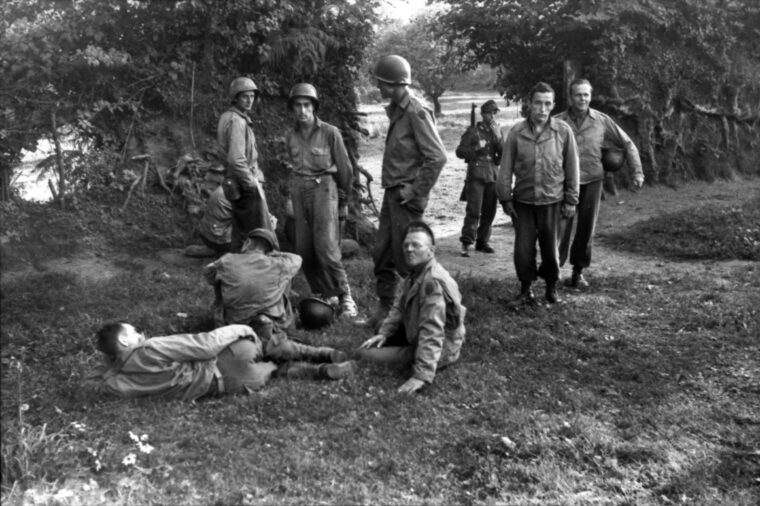
European Theater
The large number of Allied prisoners being funneled south to Rennes, France, following the D-Day invasion swelled the German transit camp to capacity so the decision was made to transport the men to permanent locations inside Germany. Read more